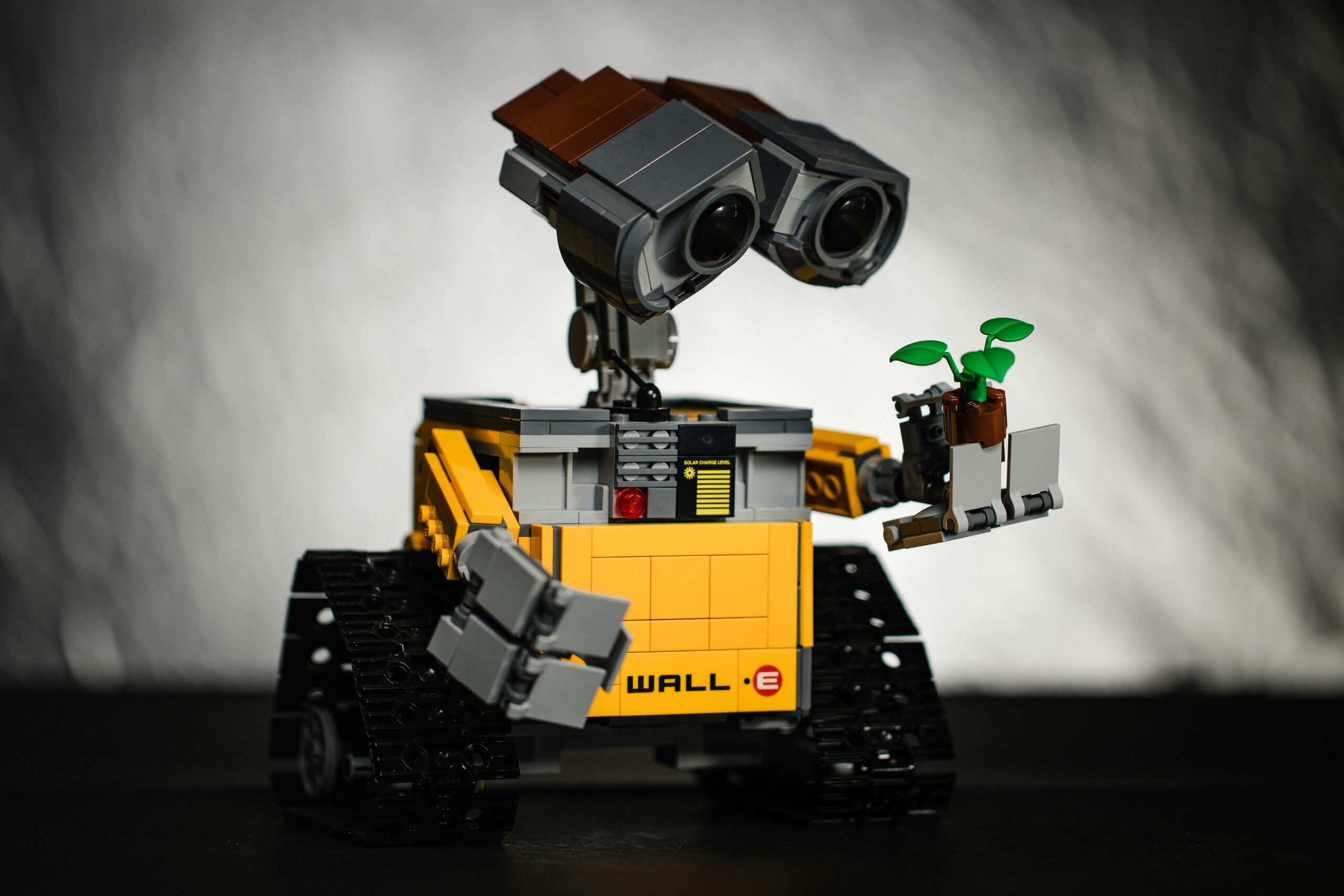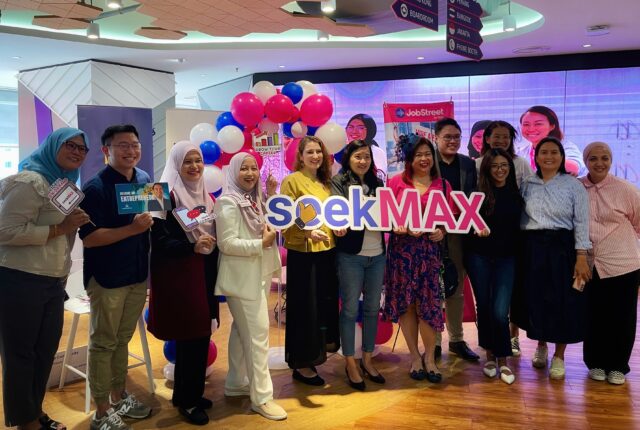By Helen Perham
“Who is in the room as we are coding the future?”
Sinead Bovell, ITU
The UN Sustainable Development Solutions Network recently initiated an effort to bolster our internal AI policies and procedures. As an international organization deeply committed to academic integrity, accurate reporting, and multilateral partnerships, we recognize the imperative for our policies to evolve in tandem with the rapid advancements in machine learning and artificial intelligence. Drawing from my background in software engineering and international development, I’m naturally inclined to contribute to the development of effective agreements and policies governing the use of AI in sustainable development.
As a member of the AI Committee, I am eager to explore how our internal AI policy changes can be effectively shared and scaled. The digital landscape, however, presents significant challenges, particularly in the form of the digital divide. During the recent ECOSOC Youth Forum event, titled “AI for an Equitable Future: A youth-led dialogue on AI’s potential to bridge the gender digital divide and empower young people,” the prominence of the terms “digital divide” and “education” in a word cloud poll underscored the pressing nature of this issue.
The digital divide, as defined by the Oxford dictionary, refers to the gap between those who have access to computers and the internet and those who do not. This gap, exacerbated by geopolitical factors, mirrors broader global inequities. Artificial intelligence, touted as a transformative force, has become a battleground for influence among nations. This was vividly illustrated during the event when a youth delegate from The Republic of Iran highlighted the adverse effects of coercive sanctions on digital innovation, calling for the restoration of free trade in this domain.
Beyond geopolitical implications, the ubiquity of artificial intelligence is reshaping our daily lives in profound ways. From META’s recent AI chatbot integration within the search bar on Instagram, to my social media management software offering to write AI-generated captions, to possibly my most proud and terrifying adoption: using Remini to generate my LinkedIn headshot, the increasing presence of AI is palpable. However, this rapid integration of AI into our lives prompts reflection on its implications. While once heralded as a benevolent innovation, there is a growing apprehension surrounding AI’s unchecked growth. As practitioners of sustainable development, it is critical for us to thoughtfully assess our relationship with this technology.
The question arises: Is AI the solution? At the recent AI for an Equitable Future event, Allison Cohen shared a poignant anecdote highlighting the pitfalls of prioritizing expediency over quality in an AI project. Her experience underscores a pervasive trend within the digital transformation industry: a lack of time, humility, and inclusivity in decision-making processes. As we navigate the complex intersection of AI and sustainable development, it is essential to recognize that while AI can offer valuable insights, it is ultimately human decisions that drive progress in addressing pressing global challenges.
In conclusion, while AI holds promise in advancing sustainable development goals, it is not a panacea. As Professor Daron Acemoglu aptly notes, “the most critical decisions remain human decisions”. Thus, our approach to AI must be tempered with caution, humility, and a steadfast commitment to inclusive, ethical practices. Only then can we harness the full potential of AI as a force for positive change in the pursuit of sustainable development.

Helen Perham
Helen is the Communications Coordinator with the SDG Academy. Helen received her Bachelor’s degree in International Development and Social Change and Studio Art and her Master’s degree in International Development from Clark University. Helen is interested in gender, health, and economic justice. She is passionate about SDG 16 and the incorporation of peace studies and conflict resolution in sustainable development.



